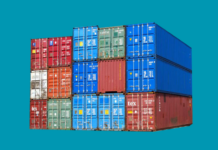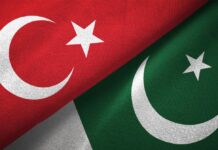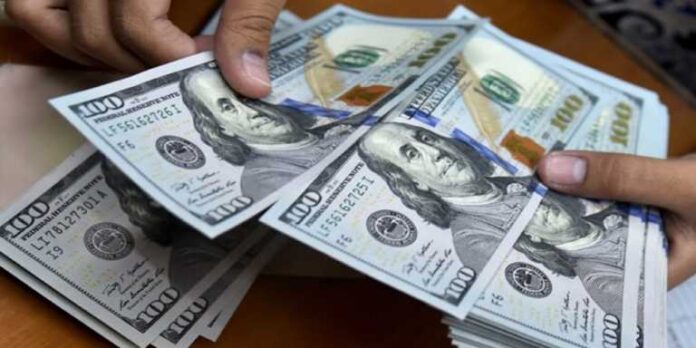Pakistan obtained $9.811 billion from various international financing sources in the fiscal year 2023-24, falling short of a projected target of $17.619 billion.
In June 2024 alone, the country received $2.257 billion, including $999.04 million from foreign commercial banks.
The total financial inflows for the fiscal year, when considering funds from the International Monetary Fund (IMF) and the United Arab Emirates (UAE), reached $13.804 billion. This still falls short of the $17.619 billion goal set for the fiscal year. In comparison, the previous year’s borrowing amounted to $10.844 billion.
The IMF contributed $3 billion under the Stand-By Arrangement (SBA), though this figure is not reflected in the Economic Affairs Division (EAD) data.
Additionally, an unaccounted $1 billion from the UAE could adjust total inflows to $13.804547 billion for the year.
Saudi Arabia provided $2 billion under a time deposit agreement. Despite an anticipated $4.5 billion from foreign commercial banks, the actual amount received was only $999.04 million from the China Development Bank. Plans to issue bonds expected to bring in $1.5 billion did not materialize, resulting in no proceeds from this source.
Overall, the government had anticipated $17.619 billion from various financing sources, including loans and grants. The fiscal year also saw $1.104 billion raised through the “Naya Pakistan Certificate.”
From multilateral and bilateral sources, Pakistan secured $4.279 billion and $919.43 million, respectively. Non-project aid totaled $6.777 billion, primarily for budgetary support, while project aid was $3.033 billion.
China played a crucial role, disbursing $508.34 million for the JF-17 B project through the China National Aero-technology Import and Export Corporation (CATIC).
Other notable disbursements included $1.327 billion from the Asian Development Bank (ADB) and $595.18 million from Saudi Arabia for an oil facility.
In terms of grants, the USA exceeded its budgeted projections, disbursing $40.18 million. Other contributions came from Korea, France, the International Development Association (IDA), the International Bank for Reconstruction and Development (IBRD), the Islamic Development Bank (IsDB), the Asian Infrastructure Investment Bank (AIIB), and the International Fund for Agricultural Development (IFAD), reflecting a diverse portfolio of international support.























